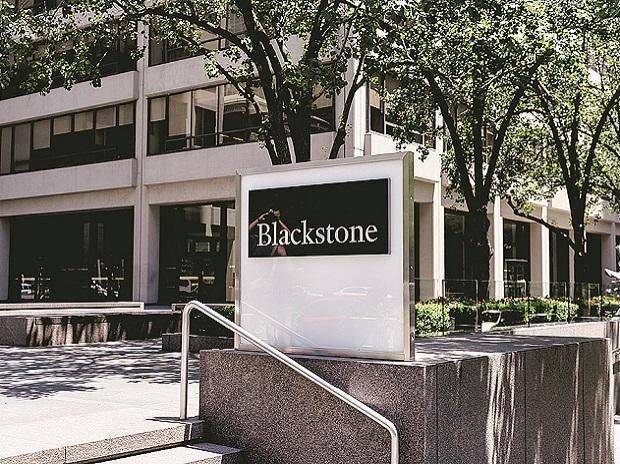The Indian Railways has been criticized by the Comptroller and Auditor General (CAG) for a financial misstep that led to a loss of ₹835 crore. This loss resulted from an improper decision related to a land development project in Bandra East, Mumbai. The CAG's report, tabled in Parliament, highlighted the consequences of this decision, which involved a significant loan and an unexecuted development plan.
Background of the Project
In March 2018, the Ministry of Railways, through the Rail Land Development Authority (RLDA), entered into an agreement with IRCON International Ltd, a public sector undertaking (PSU) under the Ministry of Railways. The deal was part of an initiative to generate non-fare revenue for the financial year 2017-18. The plan involved transferring leasehold rights of a 4.3-hectare land parcel in Bandra East to IRCON for commercial development.
To facilitate this, a Memorandum of Understanding (MoU) was signed on March 26, 2018, between the Ministry of Railways, RLDA, and IRCON. Under this MoU, IRCON agreed to pay an upfront lease premium between ₹2,700 crore to ₹3,200 crore in exchange for the leasehold rights. This money was intended to be used by the Railways for further development projects. The repayment of both the principal amount and the interest on the loan taken to pay this premium was to be handled by the Ministry of Railways.
The Flawed Execution
Despite the agreement, a supplementary agreement was signed on March 28, 2018, just two days later, which effectively nullified the initial lease transfer. The supplementary agreement stated that the ongoing mutual discussions and the examination of the issue meant that the grant of lease rights was no longer required. However, by this time, IRCON had already borrowed ₹3,200 crore from the Indian Railway Finance Corporation (IRFC) at an interest rate of 8.77%.
On March 31, 2018, IRCON paid ₹2,580.6 crore to RLDA, even though the lease agreement was effectively terminated. The Railways, obligated by the terms of the MoU, repaid the principal amount of ₹3,200 crore along with an additional ₹835 crore in interest.
The CAG's Findings
The CAG’s compliance audit report criticized the Ministry of Railways for allowing the transaction to proceed despite the lease agreement being repudiated. The report pointed out that the Ministry effectively received a lease premium for a land parcel that was not actually leased out. While this amount was credited as non-fare revenue in the financial year 2017-18, it created a significant liability for the Ministry.
The report emphasized that the decision to go ahead with the loan, even after the lease agreement was voided, resulted in a needless financial burden on the Railways. The Ministry of Railways was found responsible for the payment of ₹834.72 crore in interest without any corresponding benefit from the project.
Implications and Recommendations
The CAG has recommended that responsibility for this loss be fixed within the Ministry of Railways. The report suggests that the decision-making process was flawed, leading to a situation where the Railways had to bear a significant financial loss without any tangible returns.
This incident also highlights broader issues within the Ministry’s approach to land development projects. It raises questions about the transparency and effectiveness of the decision-making processes and the oversight mechanisms that are in place to prevent such occurrences.
The loss incurred by the Ministry of Railways due to the improper decision regarding the Bandra East land parcel is a stark reminder of the consequences of poor governance in public sector undertakings. As the Ministry of Railways faces increasing pressure to improve its financial health, this incident serves as a cautionary tale for future projects.









.png)